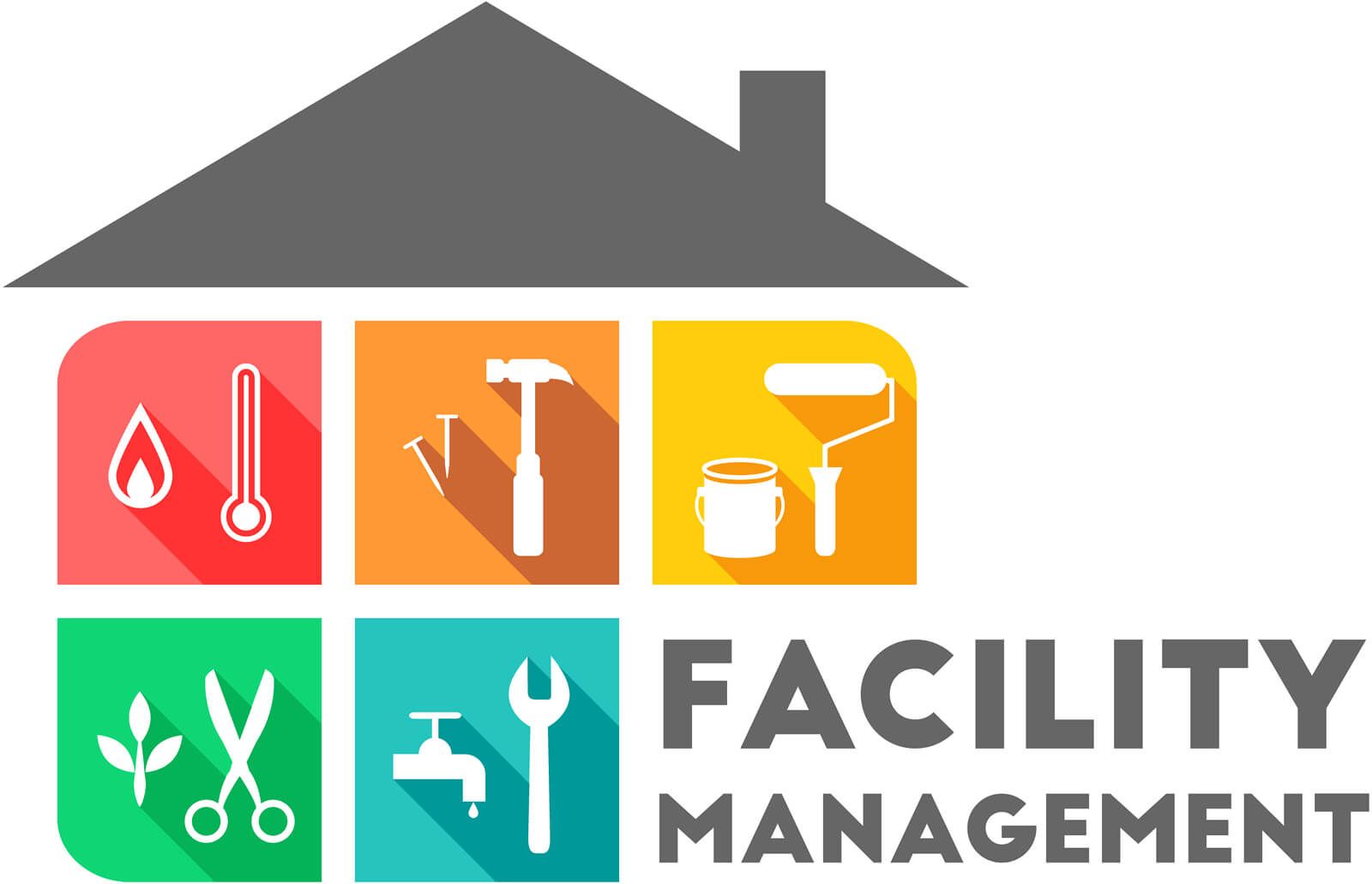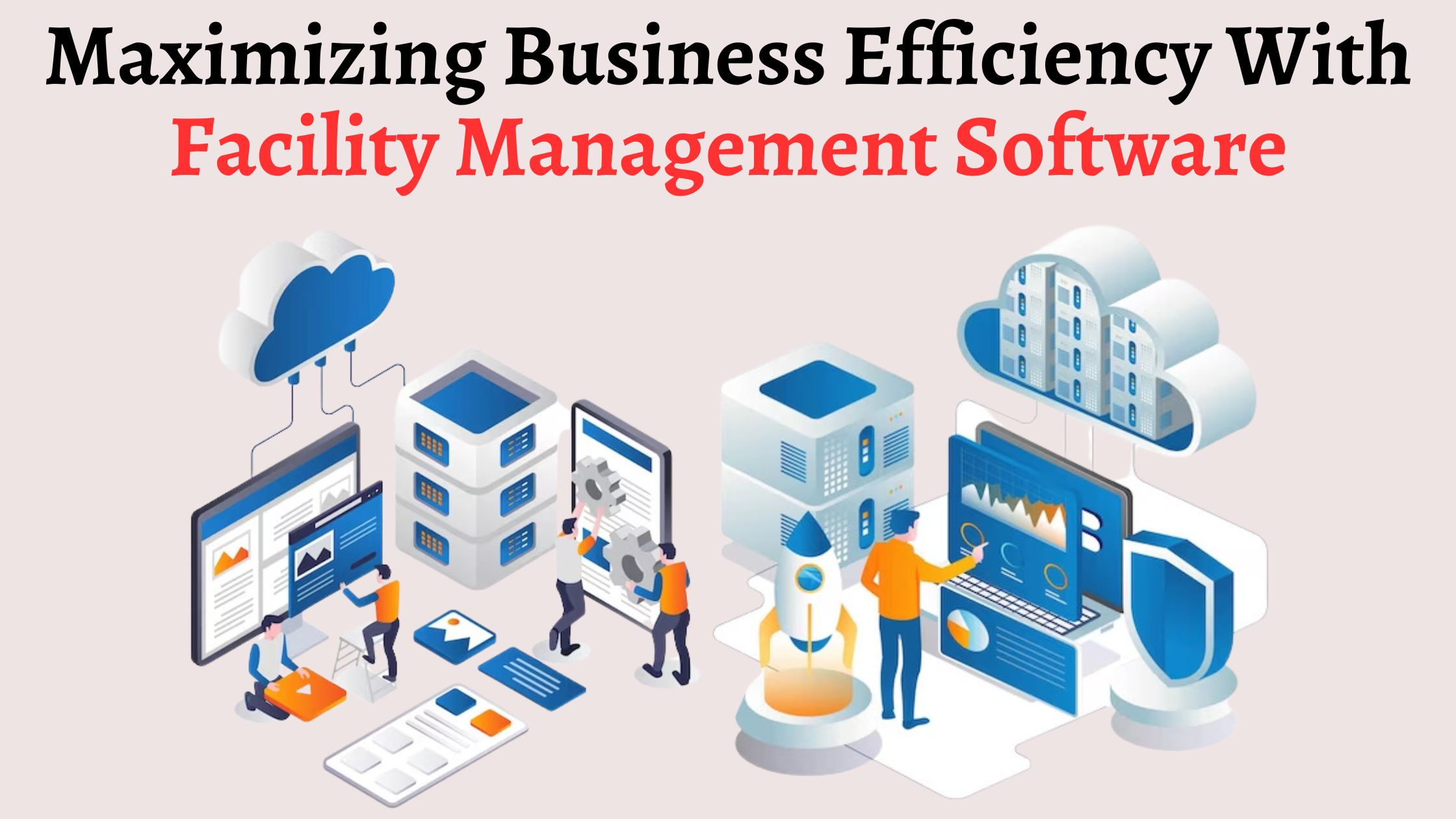The Role of Total Facility Management in Ensuring Workplace Safety and Legal Adherence
The Role of Total Facility Management in Ensuring Workplace Safety and Legal Adherence
Blog Article
Top Advantages of Total Facility Management for Streamlined Workflow
Total Facility Management (TFM) stands for a calculated technique to boosting operational performance by incorporating different services, such as upkeep and safety, under a unified management framework. The inquiry stays: what specific benefits can companies harness from adopting TFM, and just how might these benefits change their operational landscape?
Improved Operational Performance
Enhanced functional efficiency is a primary benefit of applying total facility management (TFM) methods. TFM incorporates an extensive approach to managing a center's sources, processes, and facilities, inevitably improving operations. By settling numerous services-- such as maintenance, cleaning, space, and safety management-- TFM improves and lessens redundancies control among various functional functions.
The integration of innovation additional intensifies this performance. Advanced facility management systems offer real-time information analytics, allowing facility managers to make educated decisions that enhance process and resource appropriation. Anticipating upkeep strategies, for instance, prepare for devices failures prior to they occur, reducing downtime and extending asset lifespan.
Additionally, TFM promotes standardized processes throughout numerous divisions, ensuring consistency and high quality in service distribution. This harmony lowers functional interruptions and fosters a more joint workplace. As an outcome, workers can concentrate on their core obligations, driving efficiency and improving overall efficiency.

Cost Reduction and Savings
Carrying out total facility management (TFM) not just increases operational performance but also substantially adds to set you back reduction and cost savings. By consolidating different solutions under a single management framework, companies can get rid of redundancies and simplify processes, thus minimizing operational expenses. TFM makes it possible for better procurement methods, permitting companies to bargain bulk purchasing arrangements with distributors and company, resulting in reduced prices.
Furthermore, TFM stresses preventative upkeep, which reduces unforeseen breakdowns and extends the lifespan of important tools. This positive technique not just minimizes repair service prices yet also enhances the reliability of facilitiess, making certain uninterrupted operations. Additionally, power effectiveness initiatives, commonly a vital focus of TFM, lead to considerable cost savings on utility expenses, as facilitiess are enhanced for reduced energy usage.
Improved Resource Management
Effective resource management is a cornerstone of total facility management (TFM), allowing organizations to optimize making use of their assets and workforce. By executing TFM strategies, companies can comprehensively examine their resource appropriation, guaranteeing that every asset is made use of effectively and efficiently. This all natural approach enables the recognition of underperforming sources and the potential for reallocation or improvement.
Furthermore, TFM assists in the combination of technology for real-time surveillance of sources, which aids in forecasting maintenance needs and protecting against costly downtime. By leveraging information analytics, organizations can make informed choices about source deployment, inevitably enhancing performance and reducing waste.
Moreover, TFM advertises a culture of continual improvement, urging groups to regularly evaluate and improve their resource management practices. Total Facility Management. This aggressive stance not only decreases functional disruptions yet also cultivates innovation, as employees are encouraged to suggest renovations based upon their firsthand experiences with source use
Streamlined Communication Channels
In total facility management, structured interaction channels play an essential duty in wikipedia reference fostering cooperation and effectiveness throughout groups. Effective communication makes sure that all stakeholders, consisting of facility managers, maintenance personnel, and provider, are straightened with functional requirements and organizational objectives. By developing clear lines of interaction, teams can swiftly attend to concerns, share updates, and carry out remedies, consequently decreasing downtime and enhancing productivity.
With centralized communication platforms, info is quickly obtainable, permitting for real-time updates on upkeep demands, source allocation, and project timelines. This transparency not only minimizes misconceptions yet additionally encourages staff members to make enlightened choices quickly. Streamlined communication facilitates far better control throughout emergency situations, Discover More Here making certain that all employees are informed and can respond quickly.

Raised Focus on Core Activities
An essential benefit of total facility management is the raised concentrate on core activities, enabling companies to focus on their primary service goals - Total Facility Management. By contracting out non-core features such as maintenance, safety, and cleansing, companies can reroute their resources and power in the direction of strategic efforts that straight contribute to their competitive benefit and development
Total facility management integrates different functional jobs under a solitary umbrella, cultivating performance and decreasing redundancy. This debt consolidation not only enhances processes however likewise improves responsibility, guaranteeing that every element of the facility runs sympathetically without diverting interest from what absolutely matters-- core company features.
Furthermore, this approach allows staff members to dedicate their effort and time to jobs that drive advancement and improve customer complete satisfaction, as opposed to getting stalled by functional challenges. With a trustworthy facility management companion dealing with day-to-day procedures, companies can accomplish greater dexterity, respond swiftly to market adjustments, and keep a sharper concentrate on their objective.
Ultimately, enhanced concentrate on core tasks results in boosted overall efficiency, allowing companies to reinforce their market setting and satisfy their critical goals better. - Total Facility Management
Final Thought
To conclude, Total Facility Management significantly improves functional performance by combining necessary services and leveraging data analytics for notified decision-making. Price reductions and enhanced source click this site management add to total savings, while streamlined interaction channels foster cooperation among stakeholders. By enabling companies to focus on core activities, TFM not only maximizes performance yet additionally reinforces market positioning. The combination of these benefits highlights the relevance of TFM in achieving sustainable operational excellence.
Total Facility Management (TFM) represents a strategic approach to improving functional effectiveness by integrating different services, such as maintenance and safety and security, under a unified management framework.Improved operational efficiency is a primary benefit of implementing total facility management (TFM) methods. Advanced facility management systems offer real-time data analytics, allowing facility supervisors to make enlightened choices that enhance process and resource allocation.Executing total facility management (TFM) not only boosts operational performance but additionally significantly adds to cost reduction and savings.Effective source management is a cornerstone of total facility management (TFM), enabling organizations to maximize the usage of their possessions and workforce.
Report this page